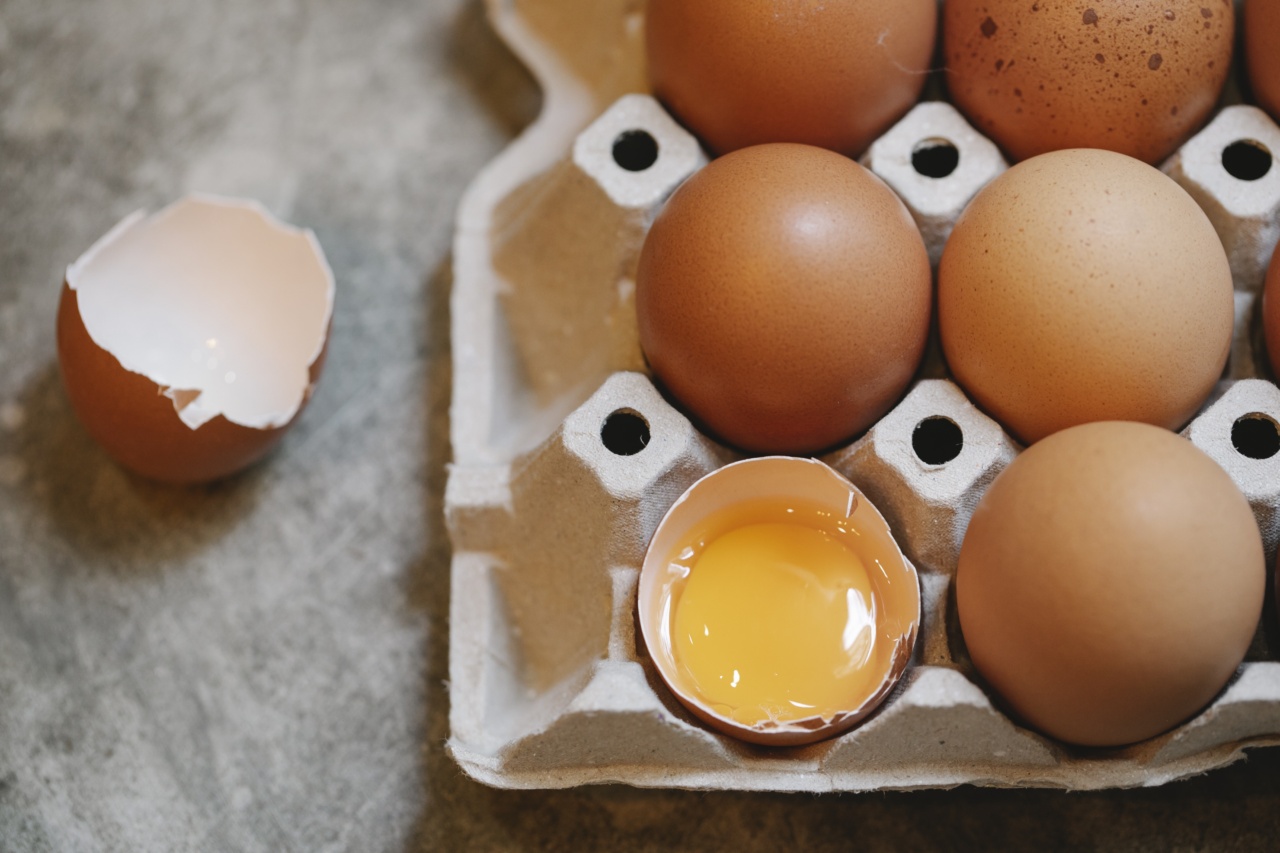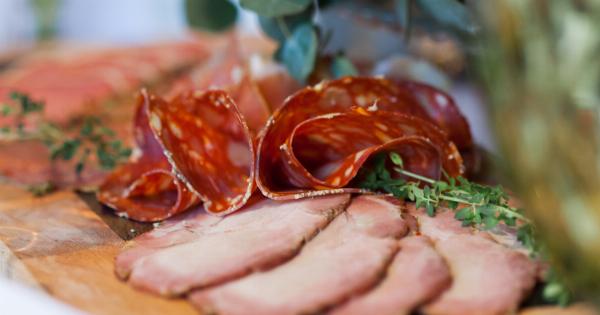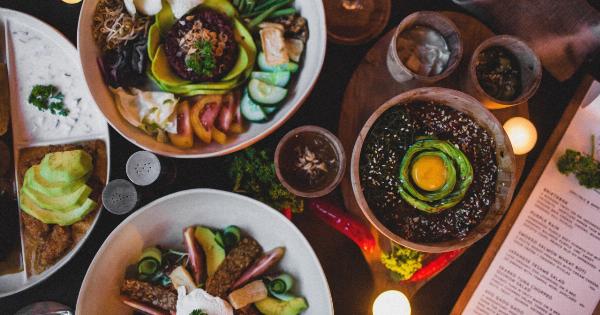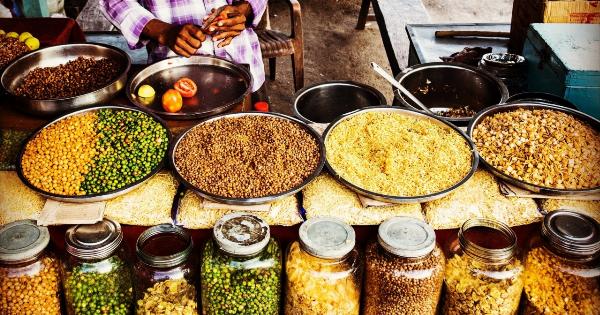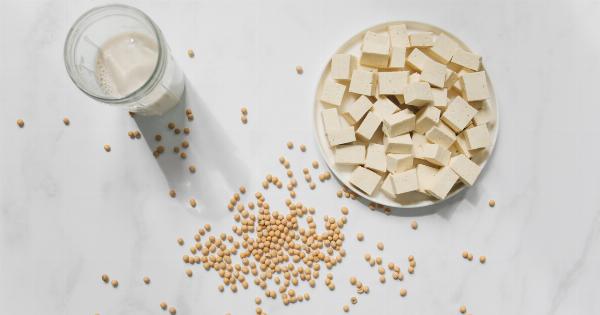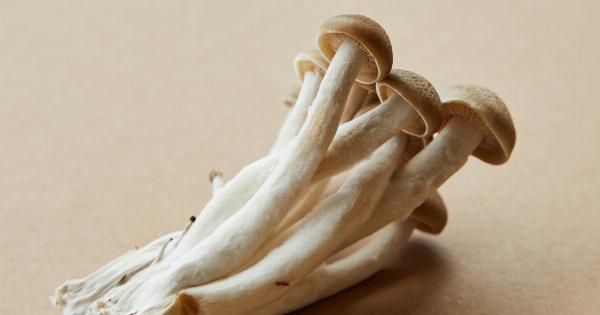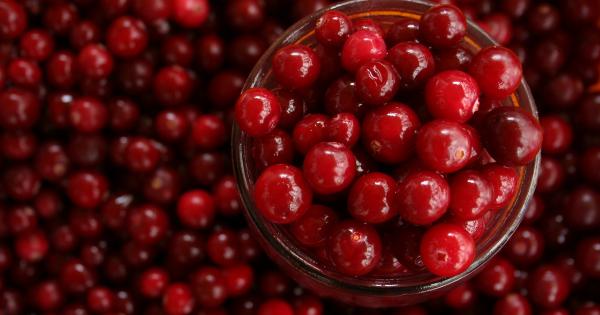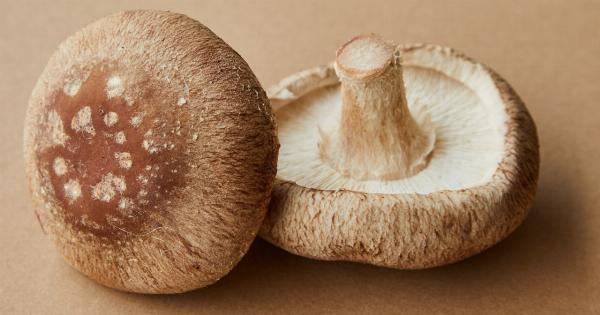Protein is a vital nutrient that helps build and repair tissues, produce enzymes and hormones, and maintain a healthy immune system.
While meat and fish are often considered the go-to sources of protein, there are plenty of vegetarian-friendly options that can provide the same benefits.
1. Quinoa
This pseudocereal is packed full of protein, with around 8 grams of protein per cup. It’s also a complete protein, meaning it contains all nine essential amino acids that the body can’t produce on its own.
This makes it an excellent choice for vegetarians and vegans looking to up their protein intake. Quinoa is also versatile and can be used in a variety of dishes, from salads to stir-frys.
2. Lentils
Lentils are a great source of plant-based protein, with around 18 grams of protein per cup when cooked. They’re also high in fiber and low in fat, making them a great choice for those looking for a healthy protein source.
Lentils are easy to cook and can be used in a variety of dishes, from curries to soups.
3. Chickpeas
Chickpeas, also known as garbanzo beans, are a great source of plant-based protein, with around 15 grams of protein per cooked cup. They’re also high in fiber and low in fat, making them a healthy choice.
Chickpeas can be used in a variety of dishes, from hummus to curries.
4. Tofu
Tofu, made from soybeans, is an excellent source of protein, with around 10 grams of protein per half cup. It’s also a complete protein and low in fat, making it a great choice for vegetarians and vegans.
Tofu is versatile and can be used in a variety of dishes, from stir-frys to smoothies.
5. Edamame
Edamame, also made from soybeans, is another great vegetarian-friendly protein source, with around 17 grams of protein per cooked cup. It’s also low in fat and high in fiber, making it a healthy choice.
Edamame can be eaten as a snack, added to salads, or used in stir-frys.
6. Chia Seeds
Chia seeds may be small, but they pack a big protein punch, with around 4 grams of protein per ounce. They’re also high in fiber, omega-3 fatty acids, and antioxidants, making them a superfood in their own right.
Chia seeds can be sprinkled on top of smoothies, added to oatmeal, or used in baking.
7. Hemp Seeds
Like chia seeds, hemp seeds are a tiny but mighty source of protein, with around 9 grams of protein per ounce. They’re also high in fiber and omega-3 fatty acids, making them a nutritious choice.
Hemp seeds can be added to smoothies, sprinkled on top of salads, or used in baking.
8. Nuts and Nut Butters
Nuts like almonds, peanuts, and cashews are a great source of protein, with around 6-7 grams of protein per quarter cup. They’re also high in healthy fats and other nutrients, making them a great addition to any diet.
Nut butters like peanut butter and almond butter are also a good source of protein and can be used in a variety of dishes, from smoothies to sandwiches.
9. Spirulina
Spirulina is a type of blue-green algae that is often consumed in supplement form. It’s a complete protein, meaning it contains all nine essential amino acids, and has around 4 grams of protein per tablespoon.
Spirulina also contains other nutrients like iron, calcium, and antioxidants, making it a superfood. Spirulina can be added to smoothies or used in baking.
10. Seitan
Seitan, also known as wheat meat, is made from wheat gluten and has around 25 grams of protein per 3.5 ounces. It’s also low in fat and high in iron, making it a great choice for vegetarians and vegans.
Seitan can be used in a variety of dishes, from stir-frys to sandwiches.
Conclusion
There are plenty of vegetarian-friendly protein sources that can provide all the benefits of meat and fish. From quinoa and lentils to tofu and nuts, there’s no shortage of options.
Incorporating these foods into your diet can help you meet your protein needs and maintain a healthy lifestyle.
